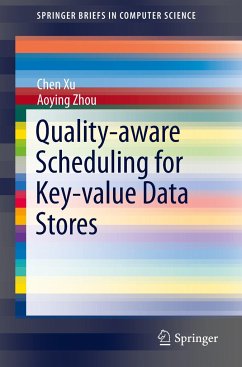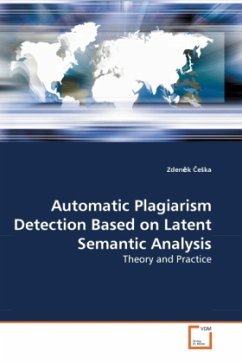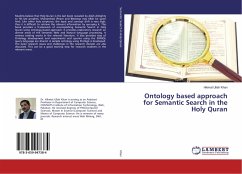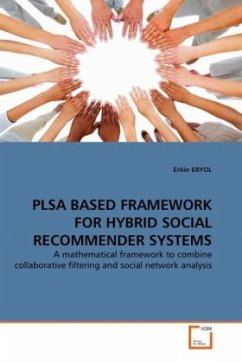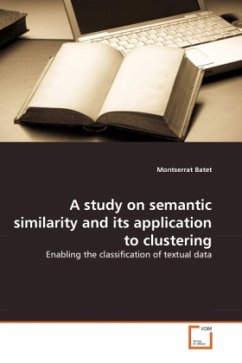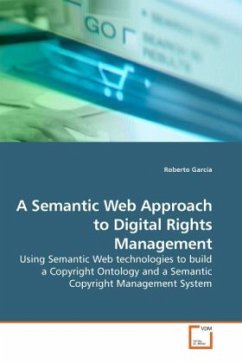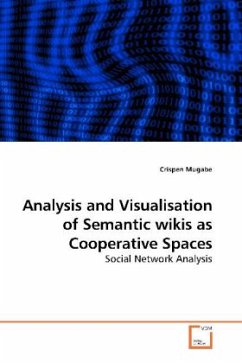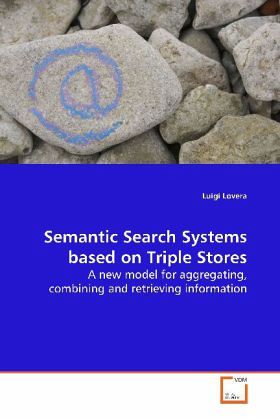
Semantic Search Systems based on Triple Stores
A new model for aggregating, combining and retrieving information
Versandkostenfrei!
Versandfertig in 6-10 Tagen
32,99 €
inkl. MwSt.

PAYBACK Punkte
16 °P sammeln!
Semantic search systems are going to play a crucialrole in the evolution from the current Web to theSemantic Web by providing new, complexfunctionalities for retrieving, aggregating andcombining information. To successfully accomplishthis migration three main directions shall beconsidered: different media formats, differentinformation sources and different search strategies.The more systems will be able to seamlessly operateon all dimensions, the more will be the chances toprovide an unprecedented level of versatility toknowledge management systems.This dissertation aims at building the repres...
Semantic search systems are going to play a crucial
role in the evolution from the current Web to the
Semantic Web by providing new, complex
functionalities for retrieving, aggregating and
combining information. To successfully accomplish
this migration three main directions shall be
considered: different media formats, different
information sources and different search strategies.
The more systems will be able to seamlessly operate
on all dimensions, the more will be the chances to
provide an unprecedented level of versatility to
knowledge management systems.
This dissertation aims at building the representation
basis for systems able to operate on all these three
axis. A new resource model is proposed, which is able
to support different media formats, to host
resource-specific data such as metadata descriptions,
text explanations, etc., and to provide a container
for semantic interpretations of such
resource-specific data (i.e., for semantic knowledge
extracted from it).
A real-world case study is discussed, where an
adapted version of a Semantic Indexing and Retrieval
platform is used to index and search several
heterogeneous resources.
role in the evolution from the current Web to the
Semantic Web by providing new, complex
functionalities for retrieving, aggregating and
combining information. To successfully accomplish
this migration three main directions shall be
considered: different media formats, different
information sources and different search strategies.
The more systems will be able to seamlessly operate
on all dimensions, the more will be the chances to
provide an unprecedented level of versatility to
knowledge management systems.
This dissertation aims at building the representation
basis for systems able to operate on all these three
axis. A new resource model is proposed, which is able
to support different media formats, to host
resource-specific data such as metadata descriptions,
text explanations, etc., and to provide a container
for semantic interpretations of such
resource-specific data (i.e., for semantic knowledge
extracted from it).
A real-world case study is discussed, where an
adapted version of a Semantic Indexing and Retrieval
platform is used to index and search several
heterogeneous resources.



